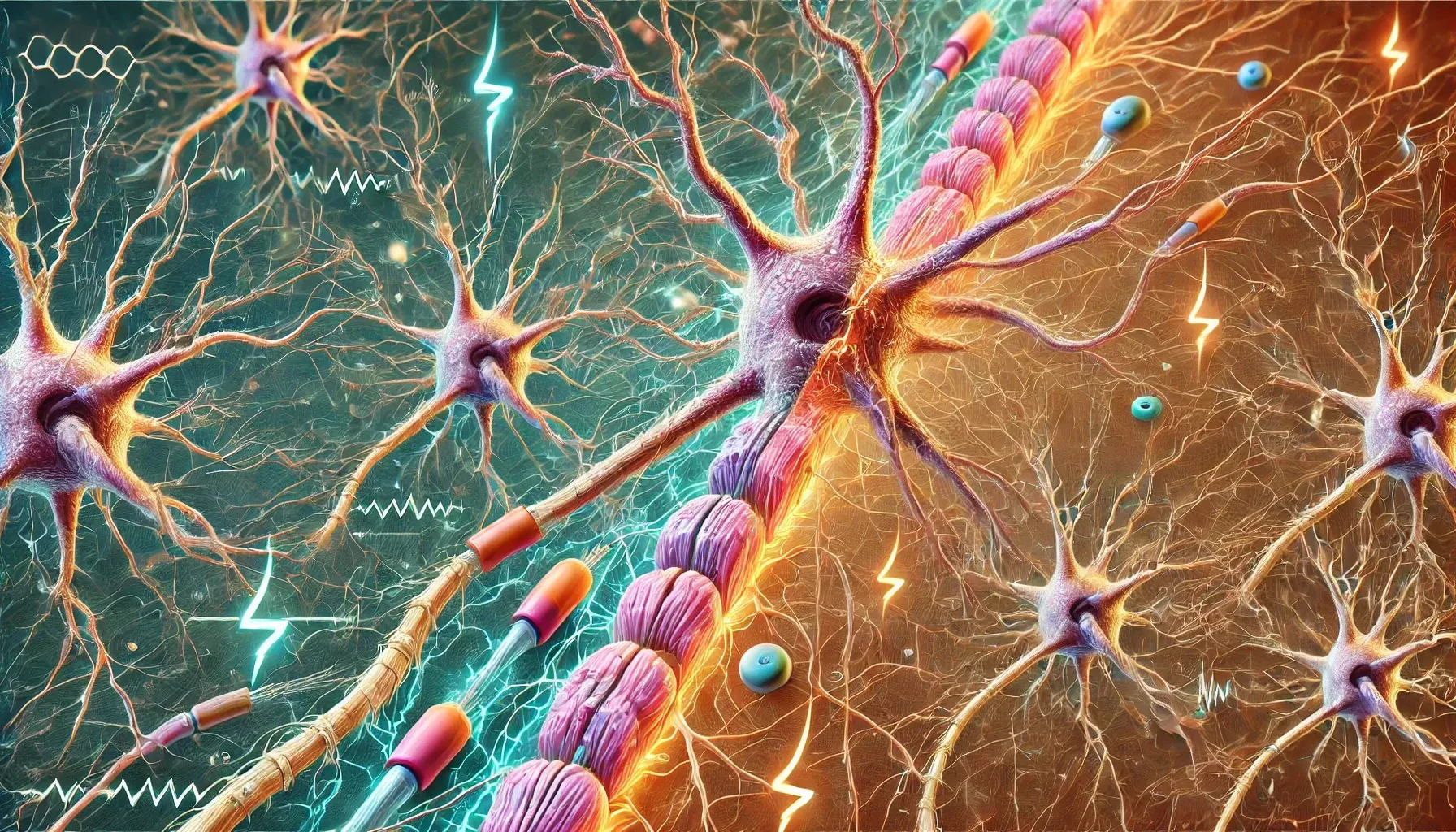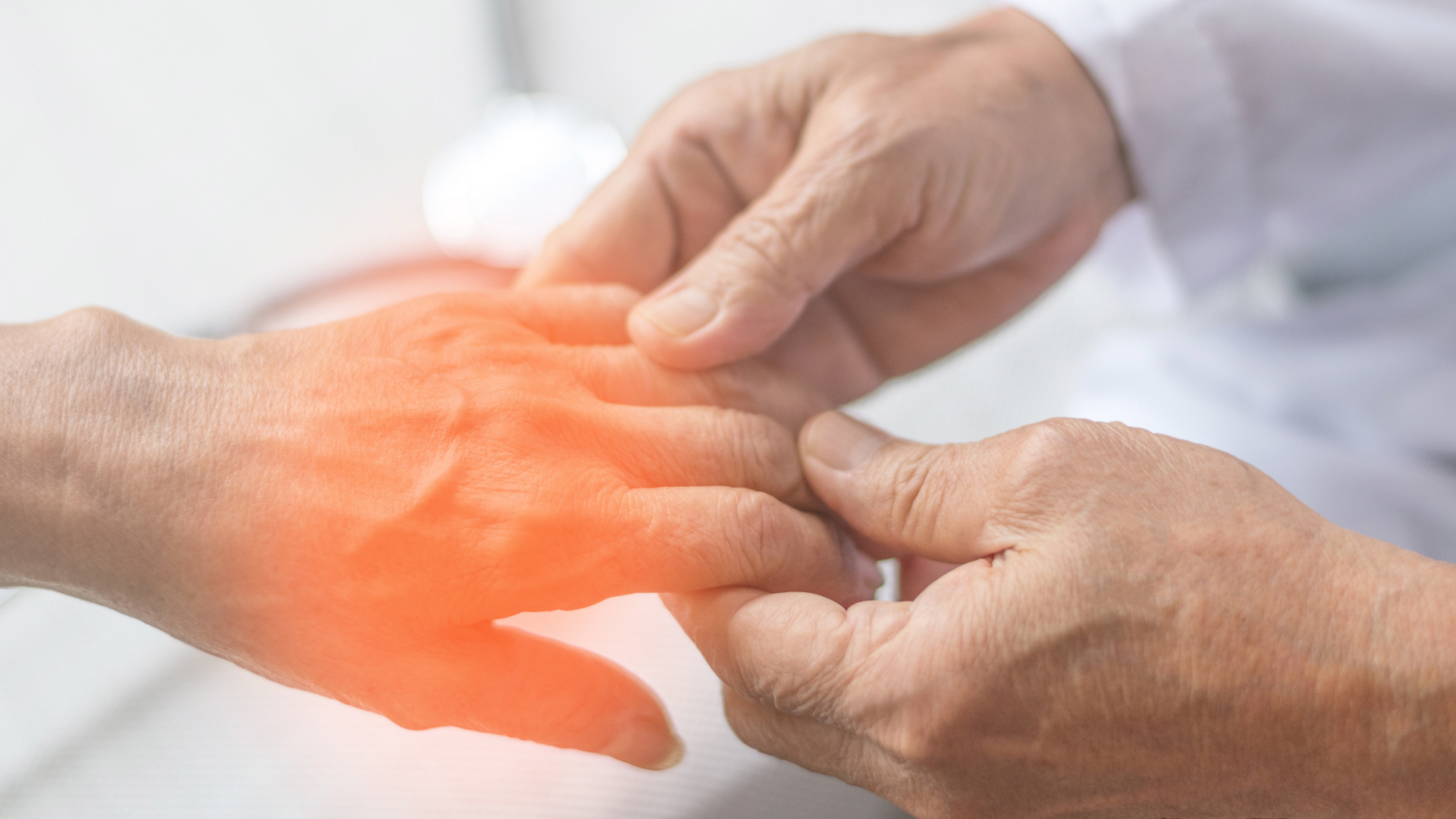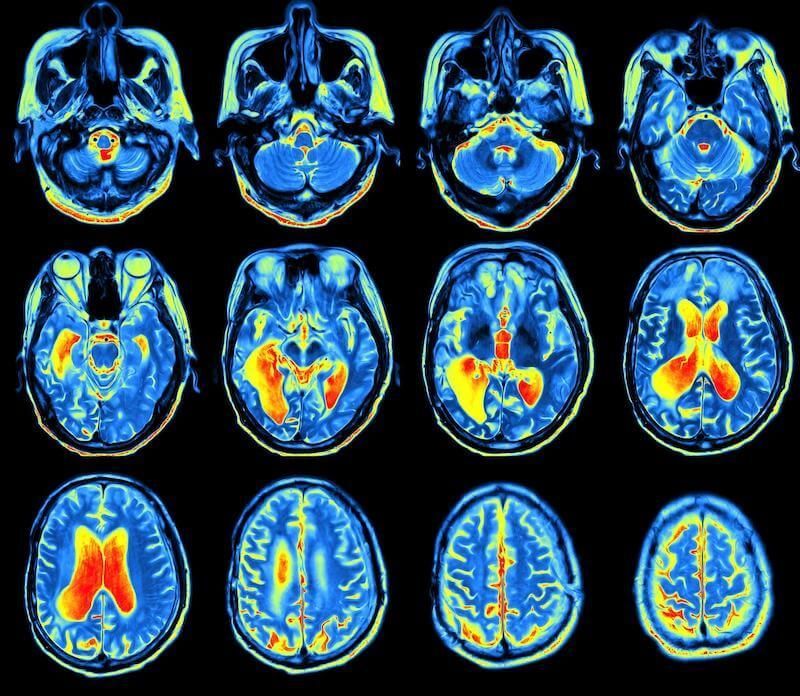By Todd Herbst
•
February 5, 2025
What is Neuropathy? Neuropathy is a condition that affects the peripheral nervous system, leading to nerve damage and disrupting communication between the brain and different parts of the body. This can result in pain, numbness, tingling, or muscle weakness, most commonly in the hands and feet. Peripheral neuropathy is the most common form and can arise due to diabetes, infections, injuries, or exposure to toxins. Common Causes and Examples of Neuropathy Neuropathy can be triggered by various factors, including chronic diseases, genetic disorders, and external influences. Some of the most common causes include: Diabetes – One of the leading causes of peripheral neuropathy, often leading to nerve damage due to prolonged high blood sugar levels. Chemotherapy – Some cancer treatments can cause nerve damage, leading to chemotherapy-induced neuropathy. Autoimmune Diseases – Conditions such as lupus, rheumatoid arthritis, and Guillain-Barré syndrome can attack the nervous system. Alcoholism – Chronic alcohol abuse can cause nerve damage by depleting essential nutrients. Infections – Certain infections like Lyme disease, HIV, and shingles can contribute to nerve damage. Most Up-to-Date Neuropathy Treatments While neuropathy treatment depends on its cause, several approaches help manage symptoms and potentially support nerve regeneration: Medications Pain Relievers – Over-the-counter drugs like ibuprofen or prescription medications such as tramadol are used for neuropathy treatment. Antidepressants – Certain antidepressants, like amitriptyline and duloxetine, can help reduce nerve pain. Anticonvulsants – Medications such as gabapentin and pregabalin are commonly prescribed to manage nerve damage symptoms. Lifestyle and Alternative Therapies Physical Therapy – Helps improve muscle strength and mobility. Acupuncture – Has shown promise in relieving neuropathy symptoms by stimulating nerve function. Diet and Nutrition – Eating a balanced diet rich in vitamins B1, B6, B12, and antioxidants can support nerve regeneration. Transcutaneous Electrical Nerve Stimulation (TENS) – A non-invasive therapy that uses low-voltage electrical currents to relieve pain. Latest News and Advancements in Neuropathy Research Neuropathy treatment is constantly evolving, and researchers are actively exploring innovative solutions to promote nerve regeneration and alleviate symptoms. Some of the most promising advancements include: Stem Cell Therapy – Research indicates that stem cells may help repair nerve damage and promote nerve regeneration in patients with peripheral neuropathy. Gene Therapy – Scientists are investigating genetic modifications to enhance nerve repair and prevent further nerve damage. New Drug Developments – Emerging medications targeting nerve pain with fewer side effects are currently in clinical trials. Wearable Technology – Devices designed to stimulate nerve function and reduce neuropathy symptoms are being tested for real-world use. Regenerative Medicine – Scientists are exploring tissue engineering techniques to repair nerve injuries and restore lost function. Living with Neuropathy: Tips for Managing Daily Life Living with neuropathy can be challenging, but adopting certain strategies can improve quality of life: Exercise Regularly – Engaging in low-impact activities such as swimming, yoga, and walking can improve circulation and nerve function. Monitor Blood Sugar Levels – For individuals with diabetes, maintaining healthy blood sugar levels can slow the progression of peripheral neuropathy. Use Proper Foot Care – Inspect feet daily, wear comfortable shoes, and avoid extreme temperatures to prevent injuries. Reduce Alcohol and Quit Smoking – Both can worsen nerve damage and interfere with neuropathy treatment. Practice Stress Management – Techniques such as meditation, deep breathing, and mindfulness can help reduce pain and discomfort. Final Thoughts Neuropathy is a complex condition, but with the right neuropathy treatment and lifestyle adjustments, many people can manage their symptoms effectively. As research into nerve damage and nerve regeneration continues, new treatments are on the horizon, offering hope for better solutions in the future. If you suspect you have peripheral neuropathy, consult with a healthcare professional to explore the best options for managing your condition. By incorporating these latest advancements and practical tips, individuals affected by neuropathy can take proactive steps toward better nerve health and overall well-being. Dr. Dombroski is one of the leading specialists on helping those with neuropathy live better lives. Many people travel hundreds of miles or more to be treated by him and his clinic. If you've gone through all the normal resources and haven't found relief, give his office a call during business hours at 817-367-9289. If you want to be more familiar with Dr. Dombroski, read about him here .




